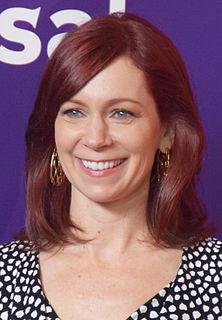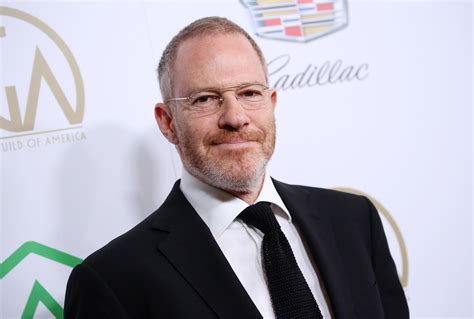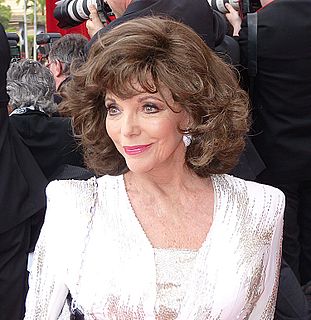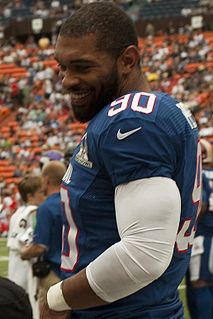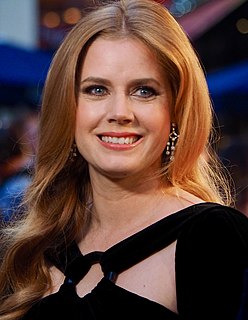A Quote by Adrian Tomine
I think a lot of the criticism had to do with disliking the characters - which, again, I take as something of a compliment.
Quote Topics
Related Quotes
I don't have a very high opinion, actually, of the world of criticism - or the practice of criticism. I think I admire art criticism, criticism of painting and sculpture, far more than I do that of say films and books, literary or film criticism. But I don't much like the practice. I think there are an awful lot of bad people in it.
Who doesn't love a compliment? But every compliment comes with a warning: Beware—Do Not Overuse. Go ahead, sniff your compliment. Take a little sip. But don't chew, don't swallow. If you do, you risk abandoning the good work that inspired the compliment in the first place. If that happens, maybe it was the compliment and not the job well done that you were aiming for all along.
I'm a character actor and I get lost in these characters, so I think it's only recently that people have begun to connect dots and go, 'Oh, that's the same person that did this, this, this, this and this!' which I take as a compliment. One time somebody called me an illusionist, and that was the nicest thing anyone has ever said.
I think where the criticism of videogames come from is where videogames are just Xeroxes of films, and when you get a film adaptation of that game, you've just Xeroxed something twice. I think that's where a lot of the criticism comes from - there are ultra-violent games that are already based on a million films.
I think where the criticism of videogames come from is where videogames are just Xeroxes of films, and when you get a film adaptation of that game, you've just Xeroxed something twice. I think that's where a lot of the criticism comes from - there are ultra-violent games that are already based on a million films. But there's definitely beauty and art and design in games. I don't think anybody could deny that.
I take criticism so seriously as to believe that, even in the midst of a battle in which one is unmistakably on one side against another, there should be criticism, because there must be critical consciousness if there are to be issues, problems, values, even lives to be fought for... Criticism must think of itself as life-enhancing and constitutively opposed to every form of tyranny, domination, and abuse; its social goals are noncoercive knowledge produced in the interests of human freedom.







